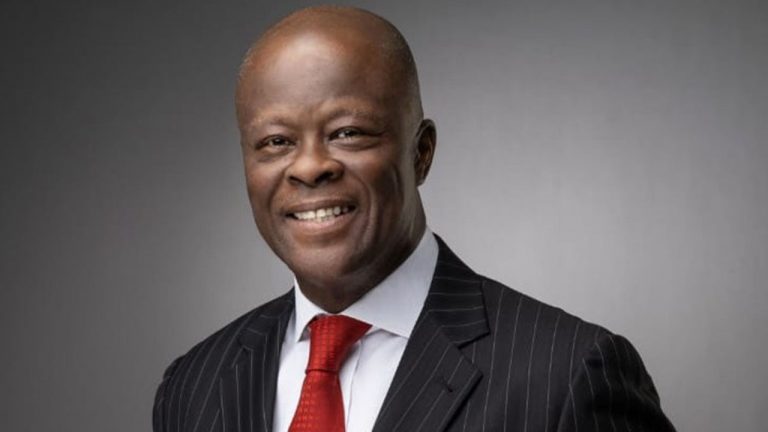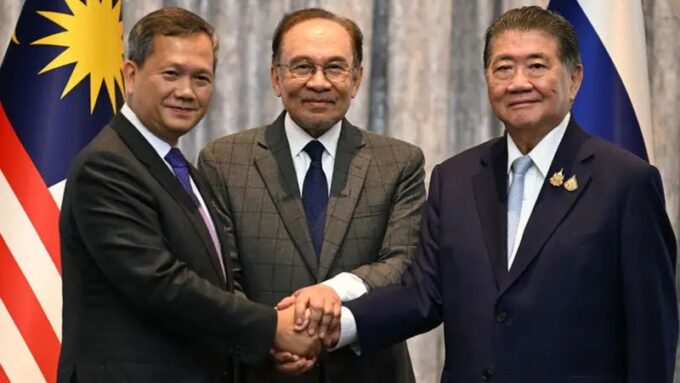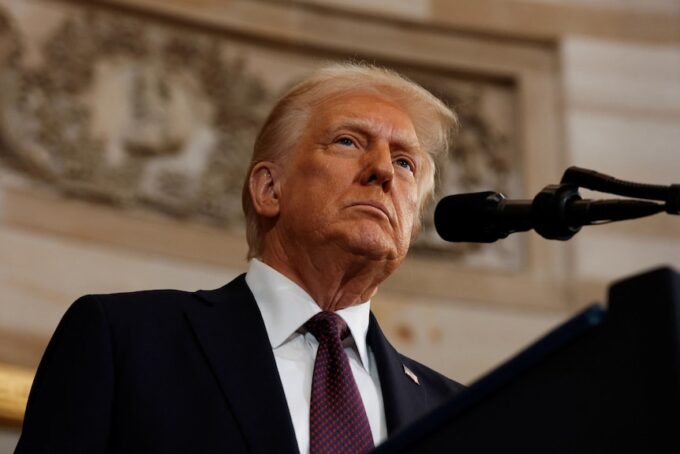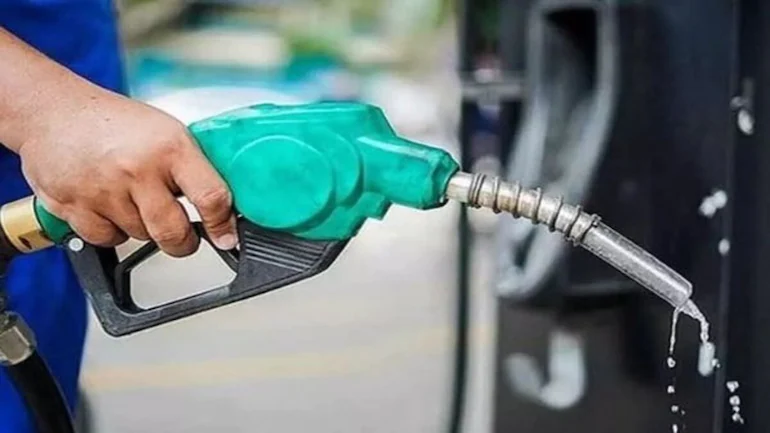News | Events | Digital PR | Advertising
The Nigerian government has officially terminated fuel and foreign exchange subsidies, marking the end of a long-debated policy.
Finance Minister Wale Edun made the announcement at the World Bank’s Nigeria Development Update presentation in Abuja.
The subsidies, Edun explained, had drained the economy of over N10 trillion, equivalent to 5% of Nigeria’s GDP. He highlighted the financial strain caused by these subsidies.
To tackle unemployment, the government has introduced a housing finance plan, featuring mortgage schemes with near single-digit interest rates. This initiative aims to boost construction activities and create jobs.
Central Bank Governor Olayemi Cardoso justified the recent 0.5% interest rate hike, citing anticipated inflation trends. He reaffirmed the bank’s commitment to data-driven policy decisions.
Bauchi State Governor Bala Mohammed expressed concerns about:
– Insufficient funds for state governments
– Reduced purchasing power due to federal policies
– Challenges implementing the new N70,000 minimum wage
– Funding essential infrastructure
Amal Hassan, CEO of Outsource Global Limited, urged the government to create a more attractive environment for investors.
World Bank Senior Vice President Indermit Gill emphasized the need for unified efforts among Nigeria’s economic units to drive reforms and growth.
This decision follows President Bola Tinubu’s earlier announcement to remove fuel subsidies, expected to save N8 trillion annually.
Explore more
Scientists Research Nigeria’s Okra, Maize, Four Other Crops During NASA’s Space Mission
International astronauts will research six indigenous Nigerian crops and seeds during the...
President Trump Orders Pharmaceutical Companies To Cut Drug Prices Within 60 Days
President Donald Trump on Thursday said he asked major pharmaceutical companies to...
Microsoft To Become The Next $4 Trillion Company
Microsoft (MSFT.O), opens new tab soared past $4 trillion in market valuation...
Importers Slash Petrol Prices Below Dangote Rates Amid Rising Market Competition
Competition has hit Nigeria’s petroleum sector as fuel importers slash petrol prices...













Leave a comment